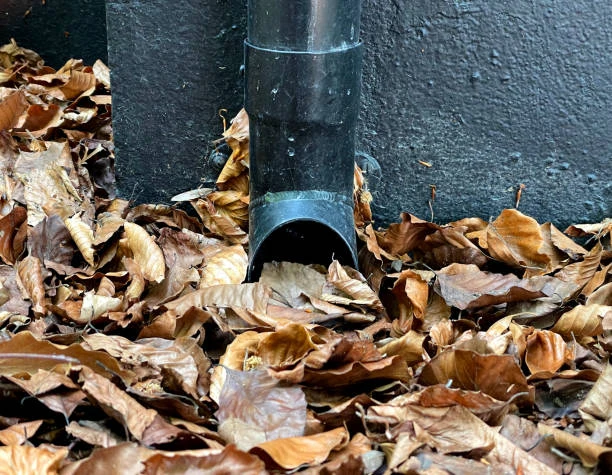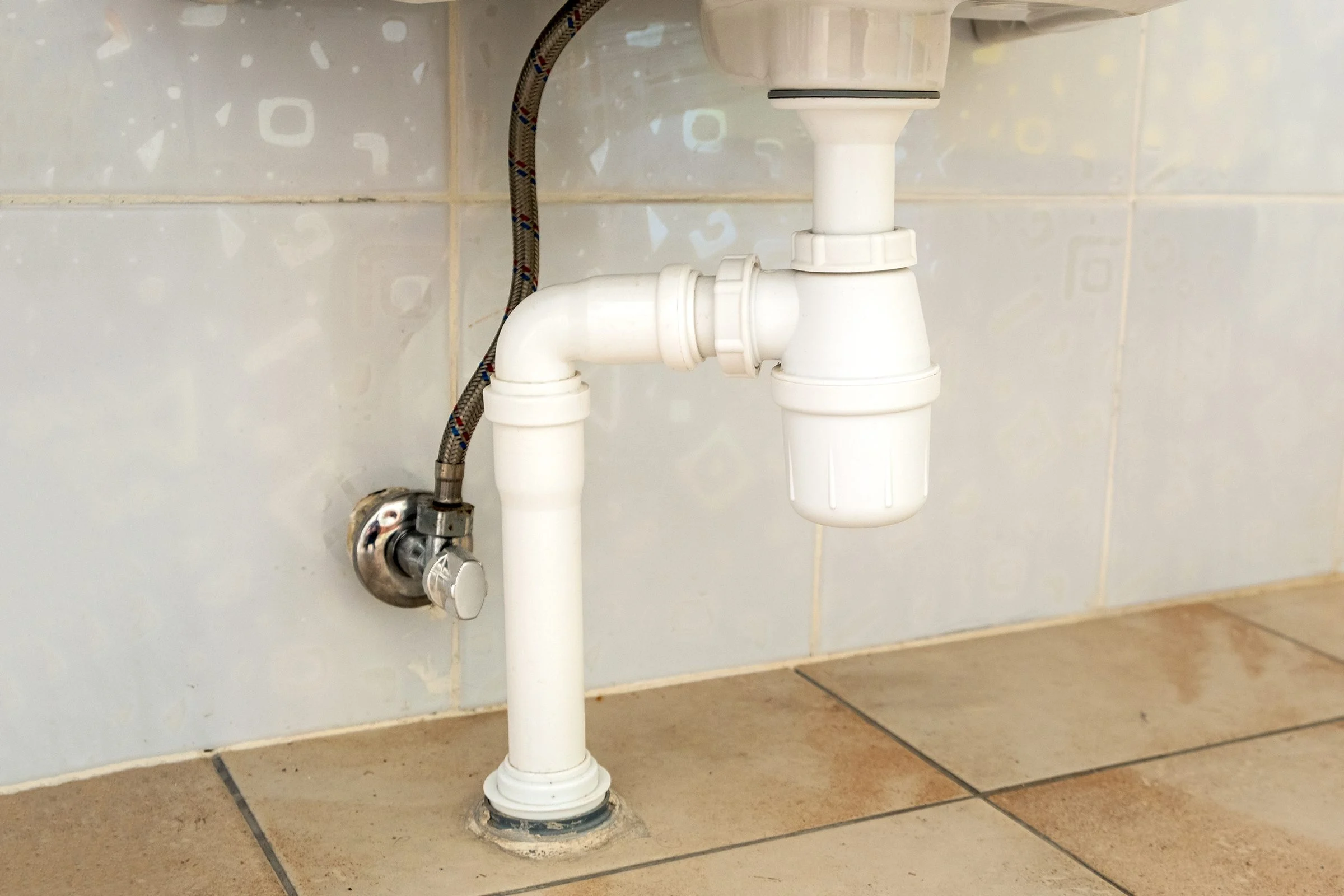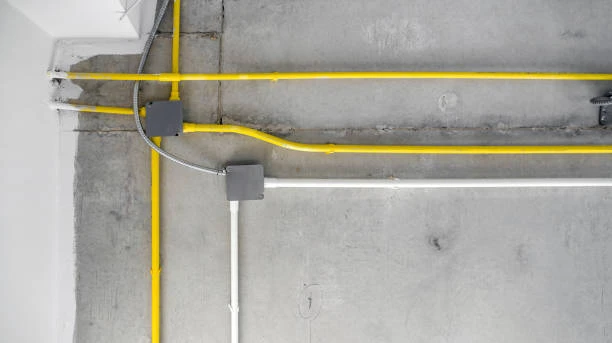In a significant legal development, several PVC pipes makers are facing a lawsuit alleging collusion to artificially inflate prices. This lawsuit has sparked discussions about market practices, competition, and the implications for consumers and the industry as a whole. In this article, we will delve into the details of the lawsuit, the accused manufacturers, the potential impacts on the market, and what this means for consumers.
Understanding the PVC Pipes Makers Allegations
Overview of the Lawsuit
The lawsuit alleges that major PVC pipes makers engaged in a coordinated effort to raise prices unlawfully. Plaintiffs claim that these companies communicated privately to establish price increases, undermining free-market competition. Such actions, if proven, could violate antitrust laws designed to protect consumers and promote fair competition.
Key Players Involved
The lawsuit names several prominent manufacturers within the PVC pipes industry. These companies have substantial market shares and influence, making the allegations particularly concerning. The plaintiffs argue that the collusion among these key players has led to inflated prices, harming consumers and smaller businesses alike.
The Impact on PVC Pipes Makers Consumers
Price Increases
One of the most immediate effects of the alleged collusion is the rise in prices for PVC pipes. Consumers, including homeowners and contractors, have experienced higher costs for essential plumbing materials. These price hikes can lead to increased construction and renovation expenses, ultimately affecting housing affordability and infrastructure projects.
Limited Choices
Collusion among PVC pipes makers can also limit choices for consumers. With fewer competitors operating transparently, consumers may find it challenging to access a variety of products at competitive prices. This lack of choice can stifle innovation and drive up costs, further harming consumers.
PVC Pipes Makers Legal Implications
Antitrust Laws
The allegations against the PVC pipes makers hinge on antitrust laws, which are designed to prevent monopolistic practices and promote competition. If the court finds sufficient evidence of collusion, the manufacturers could face significant penalties, including fines and changes in business practices.
Precedents in Similar Cases
Historically, there have been similar cases in various industries where companies faced legal repercussions for price-fixing and collusion. These precedents highlight the importance of maintaining fair competition and the potential consequences of violating these principles.

PVC Pipes Makers Industry Reactions
Response from Manufacturers
In response to the allegations, the accused PVC pipes makers have publicly denied any wrongdoing. They assert that their pricing strategies are determined by market conditions and not through collusion. This denial is part of a broader strategy to mitigate reputational damage while the lawsuit unfolds.
Impact on Market Sentiment
The lawsuit has generated mixed reactions within the industry. While some stakeholders express concern about the potential for increased regulation and scrutiny, others view it as a necessary step toward ensuring fair competition. The outcome of the lawsuit may significantly impact market sentiment and future business practices.
PVC Pipes Makers Long-Term Implications
Regulatory Changes
The lawsuit’s findings could lead to changes in regulations governing the PVC pipe industry. If the court rules against the manufacturers, regulators may impose stricter guidelines to prevent similar practices in the future. This could reshape the competitive landscape and influence how companies approach pricing.
Shifts in Consumer Behavior
As awareness of the allegations grows, consumers may become more vigilant about pricing practices. This heightened awareness could lead to changes in purchasing habits, with consumers opting for brands that prioritize transparency and ethical business practices.
Conclusion
The lawsuit alleging collusion among PVC pipe makers highlights significant concerns regarding market practices and consumer rights, sparking widespread attention within the industry. As this case unfolds, it has the potential to create far-reaching implications that could reverberate throughout the entire sector. Legal experts suggest that the outcome may lead to crucial changes in pricing strategies, as manufacturers may need to reassess their approaches to remain compliant and competitive.
Increased regulatory oversight could also emerge as a direct result of the allegations. Authorities may implement stricter guidelines to ensure fair competition and protect consumer interests, leading to a more transparent market environment. This scrutiny could compel companies to adopt more ethical practices, fostering trust among consumers who are increasingly concerned about corporate accountability.
Moreover, the lawsuit may significantly influence consumer behavior. As public awareness grows regarding these allegations, customers may become more selective about their purchasing decisions, opting for brands that demonstrate integrity and commitment to fair practices. This shift in consumer sentiment could encourage companies to prioritize transparency and quality to retain their customer base.
For now, stakeholders—including investors, manufacturers, and consumers—are watching closely as this legal battle unfolds. The resolution of this case could reshape the landscape of the PVC pipe market, setting precedents for how companies operate and engage with consumers. The industry’s future hinges on the outcome, making it a pivotal moment that could define market dynamics for years to come. As the situation develops, the collective response from various parties will be critical in determining the path forward for the PVC pipe sector.
FAQ
1. What are the main allegations in the lawsuit?
The lawsuit alleges that several PVC pipes makers colluded to unlawfully increase prices, violating antitrust laws.
2. Who are the companies involved in the lawsuit?
The lawsuit names several prominent manufacturers within the PVC pipe industry, although specific names may vary.
3. How have consumers been affected by these alleged price hikes?
Consumers have faced higher prices for PVC pipes, leading to increased costs for construction and renovation projects.
4. What are the potential legal consequences for the accused manufacturers?
If found guilty, manufacturers could face substantial fines and be required to change their pricing practices.
5. How might this lawsuit impact the PVC pipe industry moving forward?
The outcome could lead to stricter regulations, changes in market practices, and shifts in consumer behavior toward more transparent companies.


















